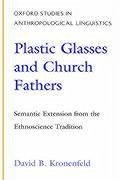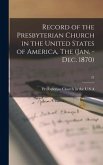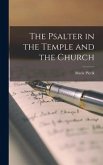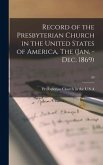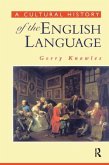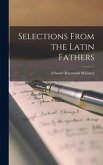Kronenfeld aims to present a comprehensive understanding of the process by which we use words in speech to refer to things in the world, and to develop a theory of the semantics of natural language which can account adequately for native speakers' intuitions regarding word meanings and their word usage.
Meaning seems to shift from context to context; how do we know when someone says "grab a chair" that an ottoman or orange crate will do, but when someone says "let's buy a chair," they won't? In Plastic Glasses and Church Fathers, Kronenfeld offers a theory that explains both the usefulness of language's variability of reference and the mechanisms which enable us to understand each other in spite of the variability. Kronenfeld's theory, rooted in the tradition of ethnoscience (or cognitive anthropology), accomplishes three things. First, it distinguishes prototypic referents from extended referents. Second, it describes the various bases of semantic extensions. Finally it details how we use the situational context of usage, the linguistic context of opposition and inclusion, and the conceptual context of knowledge about the world to interpret communicative events.
Hinweis: Dieser Artikel kann nur an eine deutsche Lieferadresse ausgeliefert werden.
Meaning seems to shift from context to context; how do we know when someone says "grab a chair" that an ottoman or orange crate will do, but when someone says "let's buy a chair," they won't? In Plastic Glasses and Church Fathers, Kronenfeld offers a theory that explains both the usefulness of language's variability of reference and the mechanisms which enable us to understand each other in spite of the variability. Kronenfeld's theory, rooted in the tradition of ethnoscience (or cognitive anthropology), accomplishes three things. First, it distinguishes prototypic referents from extended referents. Second, it describes the various bases of semantic extensions. Finally it details how we use the situational context of usage, the linguistic context of opposition and inclusion, and the conceptual context of knowledge about the world to interpret communicative events.
Hinweis: Dieser Artikel kann nur an eine deutsche Lieferadresse ausgeliefert werden.

